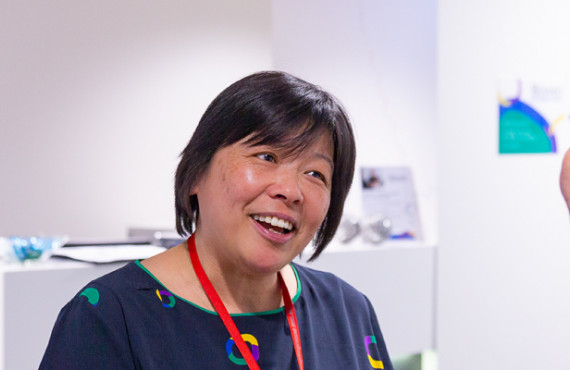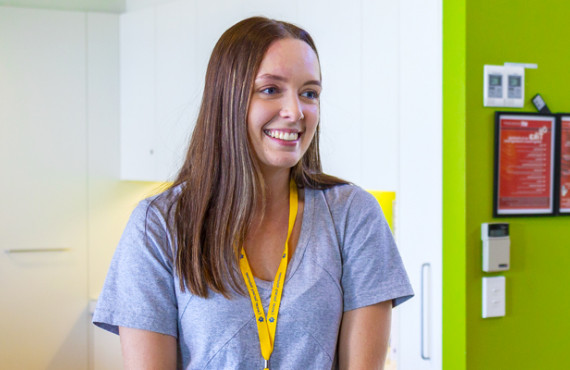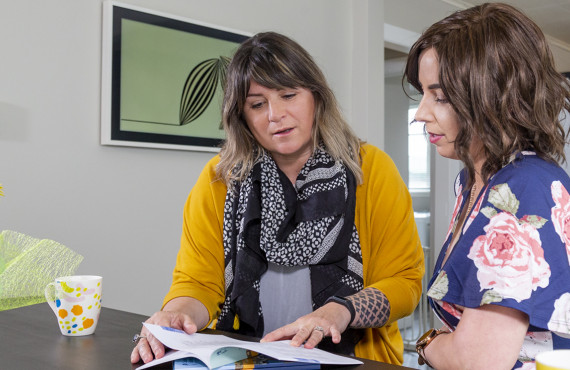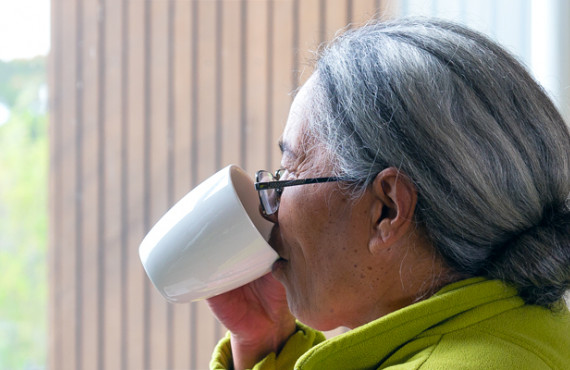The treatment offered will depend on the type and stage of ovarian cancer, as well as your general health.
How is ovarian cancer treated?
Treatment for ovarian cancer may include:
- surgery
- chemotherapy
- radiation treatment
Some treatments for ovarian cancer can make you unable to get pregnant (infertile).
Before any treatment begins, make sure that you have discussed and understood your treatment team's advice. You may ask for a second opinion if you want one.
- Pathologist: analyses samples of body tissue or fluids to help with diagnosing and staging cancer.
- Medical oncologist: a doctor who specialises in cancer treatment using drugs (medications). They are responsible for prescribing any chemotherapy and other treatment options such as targeted therapies.
- Radiation oncologist: a doctor specialising in cancer treatment who arranges, prescribes, plans and supervises any radiation treatment course.
- Radiologist: uses diagnostic imaging methods to see inside the body (for example, CT scans).
- Cancer nurses and care coordinators: give nursing care and information to support you throughout your treatment.
- Palliative care doctors and nurses: work closely with your family/whānau doctor (GP) and cancer doctors to provide supportive and palliative care so you can cope better with the effects of cancer at home and in hospital.
- Physiotherapist: helps treat your body so you can cope with the physical effects caused by cancer, surgery and treatment side effects.
- Occupational therapist: helps you with everyday tasks like bathing, dressing and cooking.
- Social worker: provides support and information about emotional and practical problems such as employment issues, money problems, home help and childcare.
- Pharmacist: advises on medication.
- Dietitian: gives advice on food and eating well.
- Family/whānau doctor (GP): responsible for your general health and referral for specialist treatment.
Surgery for ovarian cancer
The surgery for ovarian cancer usually includes removing:
- the ovaries
- fallopian tubes
- uterus
- omentum - the apron of fatty, protective tissue covering the abdominal organs
- the appendix
- some nearby lymph nodes
- sometimes, part of the bowel needs to be removed
Sometimes it is not possible to remove all the cancer. Chemotherapy will be used to kill off any cancer cells left behind.
Chemotherapy for ovarian cancer
Chemotherapy uses anti-cancer drugs to destroy all cancer cells while doing the least possible damage to normal cells.
If you are not well enough for surgery, chemotherapy may be recommended as the main treatment.
Radiation treatment for ovarian cancer
Radiation treatment uses x-ray beams to kill cancer cells. Treatment is carefully planned to do as little harm to normal cells.
It is used for ovarian cancer when it is only found in the pelvis.
It may be used on its own or after chemotherapy.
Side effects of ovarian cancer treatment
It may take some time to recover from ovarian cancer treatment. The side effects may include:
- tiredness
- premature menopause
- bowel problems
- lymphoedema
For more information:
Palliative care
Palliative care aims to improve your quality of life. It is not just about end of life care.
Palliative care will help:
- you to enjoy the best quality of life you can for as long as possible
- make sure that your physical, practical, emotional and spiritual needs are looked after as well as possible
- manage symptoms of your cancer
- manage side effects of treatment
- help you to feel in control of your situation
- make your time as positive as it can be for you and your family/whānau
Speak with your treatment team about palliative care options for you and your family/whānau.
Life after cancer treatment
After you finish treatment for cancer, give yourself time to adjust to the physical and emotional changes. We are still here to support you after your treatment finishes.
You will need regular check-ups with your treatment team. These may include some blood tests or physical examinations. Speak with your treatment team about the plan for you.

Learning more about the treatments you've been offered can help you prepare.

We are here to help and support you and your whānau through cancer diagnosis, treatment and recovery…

Help with making tough decisions about what treatment you will have.

Cancer can impact not only your health but your lifestyle and relationships.
We know that going through cancer is tough and can raise many questions. You are not alone.
We have health professionals to answer your questions and provide the support you need.
Get in touch
